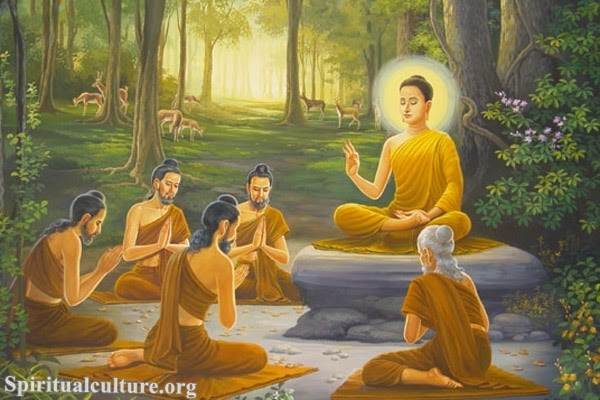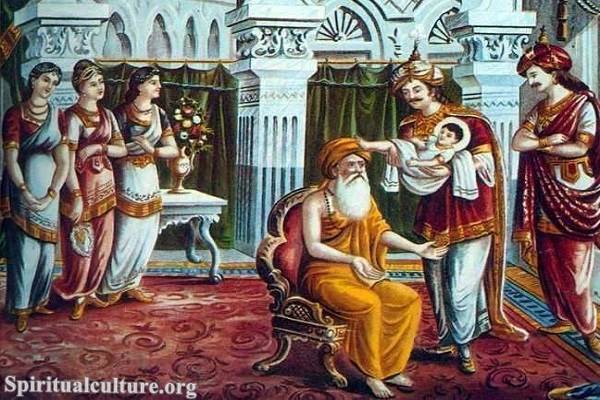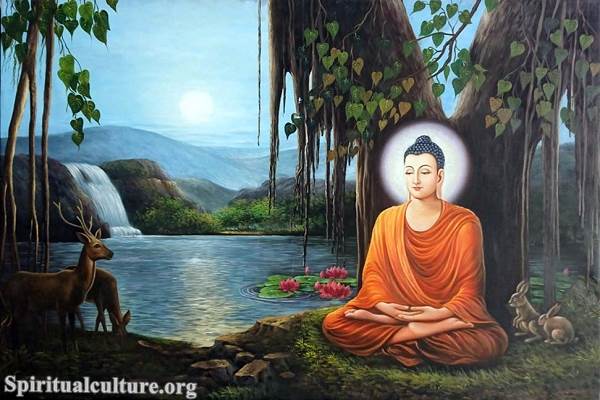Have you ever paused to wonder why someone would leave behind the faith they were born into and embrace a completely new spiritual path? It is a question that stirs something deep within us — because it is not just about changing religious labels or rituals. It is about the journey of the soul, a quest for truth, belonging, and inner transformation.
As “Spiritual Culture,” we invite you to step into this profound exploration. In this article, we will uncover the many reasons people convert to a new religion, the spiritual and emotional currents that guide them, and the cultural and personal impacts such a change brings. Whether you are a lifelong seeker or someone curious about the spiritual lives of others, this journey can open your heart to the mystery and beauty of faith in motion.
What Does It Mean to Convert?
Beyond Labels: A Change of Heart
Conversion is not merely adopting new customs or reciting new prayers. It is a deep, inward movement — a reorientation of the entire being toward what one perceives as the ultimate truth. For many, conversion feels like coming home after a long exile, as if they have finally found the language their soul was always speaking.
Identity and Rebirth
Spiritually, conversion often signifies a rebirth. In Christianity, for instance, baptism symbolizes dying to the old self and rising anew in Christ. As the Apostle Paul writes:
“Therefore, if anyone is in Christ, he is a new creation. The old has passed away; behold, the new has come.” (2 Corinthians 5:17)
This experience of being “born again” resonates deeply, emphasizing that conversion is not an intellectual exercise but a total transformation of life and identity.
Inner Longings and Spiritual Hunger
The Desire for Meaning
Many people convert because they feel an aching emptiness in their current spiritual or secular framework. Life’s deeper questions — Why am I here? What is my purpose? How can I find peace? — push them beyond familiar boundaries. They long for a story, a cosmic narrative, that makes sense of their joys and sorrows.
The Call of the Sacred
Sometimes, a single moment — a piece of music, a breathtaking sunset, an unexpected act of kindness — can awaken a sacred longing. This sudden glimpse of the divine can draw someone toward a faith tradition that seems to hold the key to that fleeting, luminous experience.
Personal Crisis and Transformation
Suffering as a Doorway
Moments of loss, illness, or despair often become spiritual turning points. Pain cracks open the hard shell of self-sufficiency, allowing a new light to enter. For many, conversion arises from such vulnerable moments, as they seek comfort, hope, and healing beyond what their old worldview could offer.
New Communities, New Belonging
A crisis can also lead to new relationships. Supportive spiritual communities often become safe havens for those struggling. The warmth of shared prayers, meals, and compassionate listening can be powerful forces drawing someone into a new faith.
Relationships and Social Bonds
The Power of Love
Interfaith marriages or relationships frequently inspire people to explore and eventually adopt their partner’s religion. Love creates a bridge that makes the spiritual world of the beloved more accessible and inviting.
Community Influence
Sometimes, entire social environments — friends, mentors, or respected figures — can influence religious conversion. We humans are deeply communal beings; the faith of those we admire can gently or powerfully guide us toward their path.
Intellectual Conviction
Seeking Truth with the Mind
For some, conversion is sparked not by emotion or crisis but by intellectual exploration. A book, a debate, or an encounter with a compelling teacher can unravel old assumptions and reveal a new way of seeing reality.
In Buddhism, for instance, many converts describe reading the Dhammapada or hearing the Four Noble Truths and feeling an immediate, clear resonance in the mind — a sense that “this is true.”
Comparative Study
Some people compare different faiths systematically and come to a reasoned conclusion about which one aligns most with their inner sense of truth and justice. This process can be long and difficult, but it often leads to a deeply committed form of faith.
Mystical Experiences
Encounters with the Divine
Throughout history, mystics and seekers have reported profound spiritual experiences — visions, dreams, or an overwhelming sense of presence — that lead to conversion. These moments transcend argument and logic, offering a direct taste of the sacred that reorients one’s entire life.
Stories Across Traditions
Saint Paul’s conversion on the road to Damascus (Acts 9) is one of the most famous examples. Blinded by a divine light, he heard Christ’s voice and transformed from a persecutor of Christians into one of Christianity’s greatest apostles. Similarly, many Sufi mystics speak of being “drunk with God” after ecstatic experiences, changing their lives entirely.
Cultural and Social Shifts
Moving Between Worlds
Migration, travel, and living in multicultural societies expose people to new religious ideas and practices. Over time, curiosity can blossom into deep resonance and eventually conversion.
Modern Spiritual Pluralism
In today’s interconnected world, spiritual seekers often feel free to cross traditional boundaries. The old idea that one must remain within the faith of their birth is increasingly questioned, leading to a more fluid and personal spiritual journey.
Sacred Texts and Teachings
Words That Pierce the Soul
For many, encountering sacred texts for the first time can be life-changing. The Quran’s poetic rhythms, the Bhagavad Gita’s teachings on dharma, the serene logic of the Buddhist sutras — these can awaken a longing that is both intellectual and deeply spiritual.
Invitation to a New Way of Life
Sacred teachings do not merely inform; they transform. They offer a new moral compass, a new vision of community, and a new relationship to the divine. This holistic invitation is often irresistible to those who feel spiritually adrift.
The Cost of Conversion
Social and Familial Strain
Conversion can carry heavy costs — loss of family ties, social rejection, or even persecution. In some cultures, leaving one’s religion is seen as betrayal. Despite these risks, many still choose to follow their inner conviction, often describing it as a call they cannot ignore.
Inner Struggle and Courage
The internal battle is just as fierce. Doubts, fears, and guilt can haunt converts. Yet, those who persevere speak of a peace that surpasses understanding, a sense of standing on solid spiritual ground for the first time.
What Sacred Texts Say About Conversion
Christianity
“Go therefore and make disciples of all nations…” (Matthew 28:19) — here, Jesus’ words speak to the missionary spirit, inviting people from all backgrounds into a transformative relationship with Him.
Buddhism
The Buddha encouraged inquiry: “Do not accept anything by mere tradition… but when you know for yourselves that these things are wholesome… then accept them and live up to them.” (Kalama Sutta) — a gentle openness to truth wherever it leads.
Islam
“Let there be no compulsion in religion; truth stands out clear from error.” (Quran 2:256) — emphasizing that true faith must be a free, personal choice.
Hinduism
In the Bhagavad Gita, Krishna invites Arjuna to surrender and find liberation, but always respects free will: “Abandon all varieties of religion and just surrender unto Me. I shall deliver you from all sinful reaction. Do not fear.” (Gita 18:66)
Conversion as a Mirror and a Doorway
Conversion is both a mirror and a doorway. It reflects our deepest questions and wounds, while also opening us to a new landscape of spiritual possibility. It can be a radical break, but also a gentle unfolding of who we truly are.
When we witness someone convert, we are seeing a soul in motion — courageously stepping into the unknown in search of light. This act invites all of us to ask: Where is my soul being drawn? What sacred truths call to me beyond my comfort zone?
Reflect and Reimagine
The decision to convert is never just a private affair. It is a spiritual earthquake, reshaping relationships, identity, and destiny. In each conversion story, there is a universal longing: to find home, to be seen by the Divine, to live in deeper truth.
As you reflect on this article, consider your own spiritual journey. What beliefs ground you? What longings whisper in your quietest moments? And if your path ever calls you to cross spiritual frontiers, may you do so with an open heart, a courageous spirit, and a deep respect for all seekers everywhere.
Spiritual Culture stands beside you — not to push or pull, but to walk with you as you listen for the sacred music that guides your life. May your journey be blessed, wherever it may lead.




